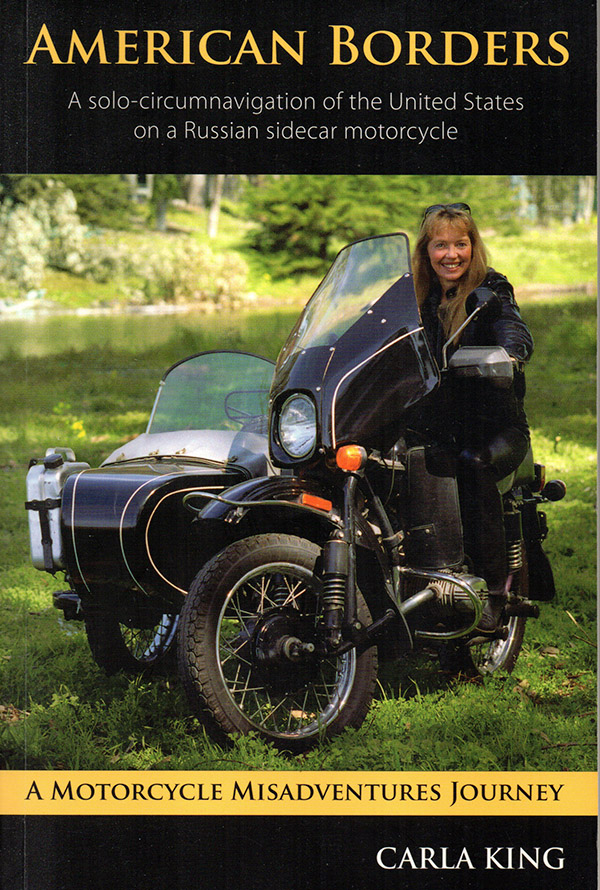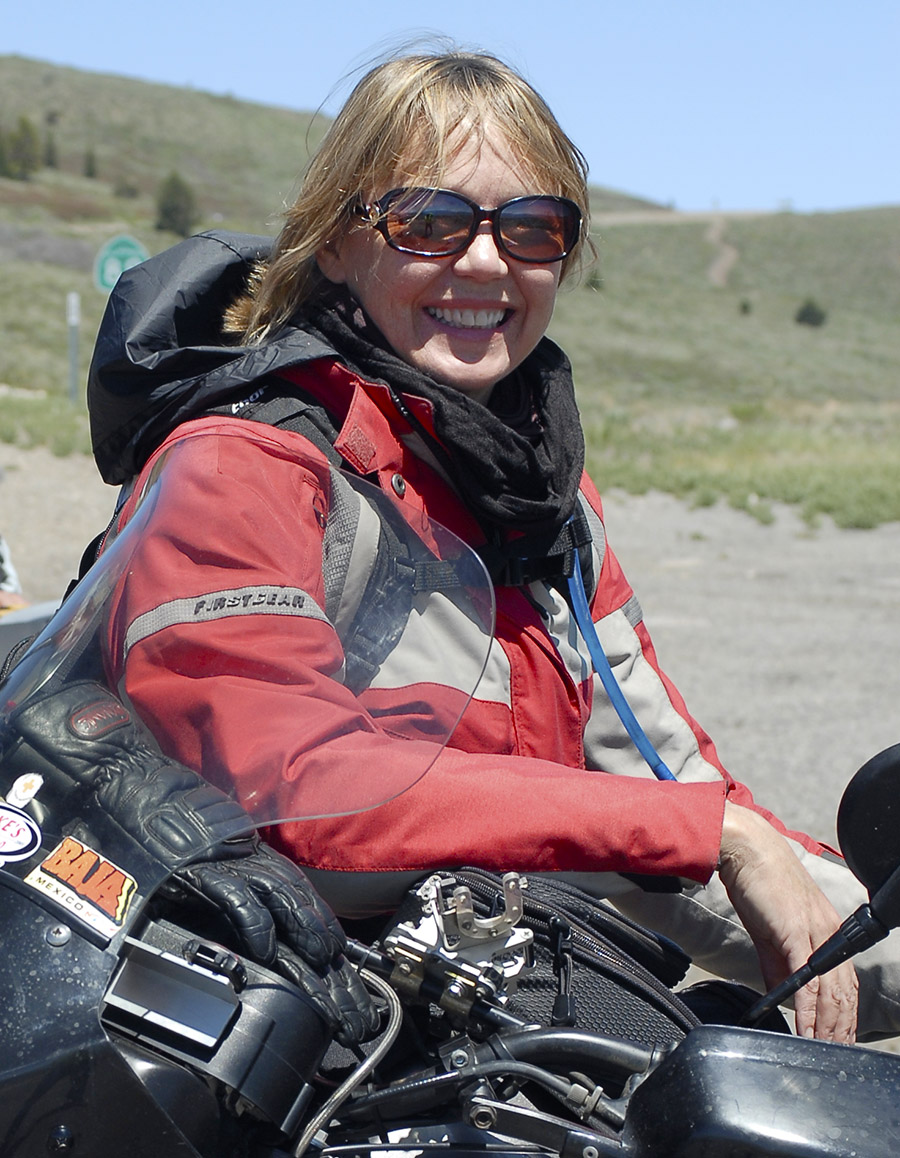Sometimes people ask me about writing a book. It’s easier to get a book published than you might think. Basically, there are three approaches. You can go with a vanity publisher (not a good idea, in my opinion), you can go with one of the big publishing houses (tough to do, and I’ve found this doesn’t work very well for reasons I’ll explain below), or you can self-publish through Amazon.com or any of several other publishing outfits (this it not vanity publishing, and the self-publishing approach offers several advantages).
Vanity Publishing
The idea of a vanity publisher is that you pay a company to publish your book. You have to do all the marketing, and you have to print a minimum number of copies, so this gets expensive fast. I’ve never done this and everything I’ve heard about these outfits is strongly negative. My advice would be to not go this route. Yeah, doing so will allow you to say that you wrote a book and had it published, but that little bit of bragging rights will probably cost you $10,000 and it’s not likely you’ll ever recover it. I’ve never taken this approach, and I’ve heard from others that it doesn’t work out economically for the author. You will have a lot of copies of your book, most likely taking up space in your garage.
A Traditional Publishing House
You can market your concept to a publishing house and have them publish and market it and pay you a royalty on copies sold. This has been the traditional publishing route for more than a couple of centuries in the US. The first several books I wrote went this route.
The traditional publishing route is okay and if you play your cards right (which is to say, you are a skilled negotiator), you can secure a healthy advance against royalties. But it’s an approach with disadvantages that far outweigh the advantages:
-
- You have to market your book idea to several publishers, hoping that one or more will be interested. Most publishers aren’t going to be interested these days. The big publishing house printed book market is down big time, and it’s likely it will stay that way. When’s the last time you saw a crowd at a bookstore?
- For most of us, the income is meager. You would need a miracle to get a publisher to agree to give you even 10% of the published book price as a royalty.
- You give up rights to your book. If you are not happy with publisher, you’re stuck.
- You will have to market your book because the publishers generally do a poor marketing job (it will be one of many hundreds or thousands of their titles). Nah, wait a second, that’s not accurate. Publishers generally do a terrible job marketing your book. I realized this pretty quickly, and it was really brought home for me when I wrote a book about cost reduction. The CEO of a Fortune 500 aerospace company contacted me and asked about ordering copies for every manager in his organization. I thought I had gone to heaven when I heard that, and I quickly alerted the publisher’s marketing arm. I mean, the sale was already made…all they had to do was take the order. It was a big publisher (Wiley), and you’d think they would have jumped on the opportunity. They did exactly…nothing. Several weeks later the aerospace CEO called me to ask again, and I was horrified and embarassed that no one from Wiley had called to close the deal. They ultimately did, but I had to keep my boot firmly up their butt until the order came through. Bastards.
I’ve written 15 books, and I went the traditional route with established publishing houses on the first 9. I’d never go this way again. My good buddy Simon Gandolfi put it best when I asked him about publishers and, in particular, using an agent to promote your work. “Most publishers are incompetent crooks,” he said, and then he added “and most literary agents are competent crooks.”
Self-Publishing
About 10 years ago I was on a press junket promoting Lake Tahoe as a motorcycle destination (good buddy J Brandon was one of the organizers). I rode up there on my KLR 650 Kawasaki. It was a good time and good riding (the roads in the Sierra Nevadas around Tahoe are some of the best in the world, and I got a couple of magazine stories out of the deal), but the thing that really made the trip worthwhile for me was meeting Carla King (that’s Carla in the photo at the top of this blog). Carla rode a KLR 650, so I knew she was a smart person. I had read Carla King’s book about her Ural ride around America (American Borders), and this was the first time I actually met her.

Our Tahoe group stopped for lunch on one of the organized rides at Walker Burger (it’s on Highway 395), and Carla and I talked shop. I told her the story about Wiley and how terrible their marketing department was, and she told me I was wasting my time if I wasn’t self-publishing.
I never heard of self-publishing until I met Carla, so I took one of her classes and I never looked back. My next seven books I self-published through Amazon using the tools Carla shared with me, and I made more money with them than I have on any of the other books I previously wrote.
Self-publishing has a lot of advantages:
-
- It doesn’t cost you anything. Your books are only printed when people order them in the quantity they are ordered. You don’t pay anything.
- Within limits, you set the price and the royalty you want on your book.
- You get a substantial discount when you order the books for yourself, or copies of your books if you want to sell them yourself. I don’t too this too often, but if a dealer wants to order copies of, say, 5000 Miles At 8000 RPM, I buy the books, the dealer pays me, and Amazon ships direct to the dealer. I make good money on those books.
- You select the physical size of the book you wish to publish. Amazon has half a dozen or so different sizes (that is to say, the book’s length and width), and they provide Word formats already prepared that you can download in the different book sizes. You add the text and the illustrations. Basically, they give you a free, downloadable Word template, and you just add your work.
- Amazon is hooked up with Kindle (actually, you use a Kindle site for both Amazon and Kindle formats for your book), and you can also easily offer your book in an e-book format. I thought this was kind of silly, until I saw that a good half of my book sales were in the Kindle format.
- Your book is listed on Amazon.com essentially as soon as you upload the manuscript and the book cover. People can then find and order your book on Amazon like any other book.
- The income is way better than going with a big publishing house.
- Your book becomes instantly available essentially all over the world.
Carla offers self-publishing training and has written extensively on the topic (see www.CarlaKing.com and www.selfpubbootcamp.com). I attended one of her seminars several years ago and it was a very worthwhile experience for me. If you have thoughts about writing a book, you might consider doing the same.

